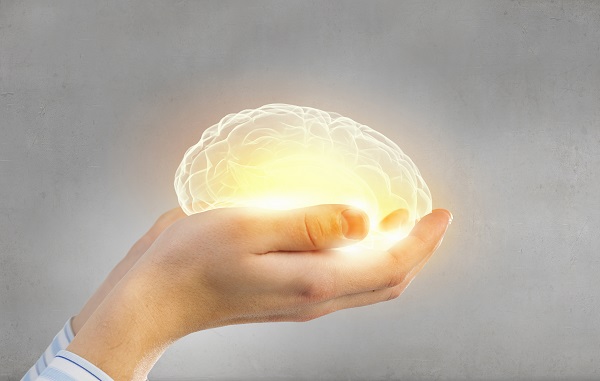When a Psychiatric Evaluation for TMS Is Recommended

Psychiatric evaluation for TMS is typically recommended when a person has treatment-resistant mental health issues. Transcranial magnetic stimulation involves neurostimulation using magnetic pulses. These pulses can help to increase or decrease activity in parts of the brain.
A psychiatrist might also recommend psychiatric evaluation for TMS to patients who suffer severe side effects from taking antidepressants. Side effects of antidepressants include low libido, stomach aches, and irregular heartbeats. For some people, these side effects can be overwhelming to the point that they are forced to stop taking antidepressants. TMS therapy is an effective standalone treatment for mental health disorders like depression, anxiety, and obsessive-compulsive disorder. It can also be combined with medication.
Figuring out if you need psychiatric evaluation for TMS
Transcranial magnetic stimulation is performed using a magnetic coil to send magnetic pulses into a patient’s brain. The procedure is painless, negating the need for anesthetics or sedatives. It is performed as an outpatient procedure, and patients can usually return to their normal activities like driving after.
Sending magnetic pulses into the brain helps to activate or deactivate specific regions of the brain. It leads to the production of neurotransmitters used by neurons to create new pathways and communicate with each other.
Altering the behavior of neurons requires precision and care. Patients have to be carefully evaluated to determine if TMS therapy is right for them. TMS psychiatric evaluation is recommended when:
1. A patient does not experience positive results after starting psychotherapy and medication
The standard first line of defense against mental health disorders is talk therapy and medication. It is the most conservative approach, and it leads to positive results for most patients. Psychiatrists can adjust the dosage and composition of medication to reach a balance that gives their patients optimal results.
Patients prescribed psychotropic drugs are typically monitored to gauge the effectiveness of the treatments and make adjustments as needed. However, about a third of people on antidepressants do not report a noticeable reduction in their symptoms. Patients diagnosed with severe depression are most likely not to experience positive results with antidepressants. TMS therapy is typically recommended for such patients.
2. A patient’s primary mental health provider recommends TMS therapy
A psychiatrist is qualified to perform physical and psychiatric assessments to screen patients for transcranial magnetic stimulation. They can change the treatment plans of patients with treatment-resistant mental health issues. They might opt to replace medication with TMS therapy or combine both treatments.
3. A teenager has a treatment-resistant mood disorder
TMS therapy can be safely performed on teenagers with mood disorders. The treatment is typically more effective on younger patients since their brains adapt to changes faster. Every patient still needs to be evaluated individually to determine if transcranial magnetic stimulation is right for them.
Get evaluated for TMS therapy
Transcranial magnetic stimulation can provide relief from mood disorders even after medication has failed. Call or visit us at our New York location to set up an appointment with our psychiatrist.
Request an appointment here: https://www.hopetmsofny.com or call Hope TMS and Neuropsychiatric Center at (646) 578-8152 for an appointment in our New York office.
Check out what others are saying about our services on Yelp: Psychiatric Evaluation For TMS in New York, NY.
Recent Posts
PTSD syndrome can shape your daily experiences in significant ways, from your emotional balance to your physical health and personal stability. Symptoms of PTSD can become an invisible burden that affects your routine and interpersonal connections. While these symptoms vary from person to person, they can impact every corner of your life without the right…
Adult ADHD therapy supports individuals navigating challenges with focus, time management, and emotional regulation. While attention deficit hyperactivity disorder, or ADHD, is commonly diagnosed in childhood, its symptoms can persist into adulthood, often interfering with careers, relationships, and daily tasks. Professional therapy offers a structured approach to managing these difficulties and building long-term strategies for…
Transcranial magnetic stimulation, also known as TMS treatment, is an innovative and noninvasive therapy for several mental health conditions. By using magnetic fields to stimulate specific areas of the brain, TMS is an effective treatment for cases where traditional methods have provided little to no relief. It is important to know which mental disorders are…
A TMS doctor focuses on safety, evidence, and practical results when discussing transcranial magnetic stimulation for depression and related conditions. This noninvasive therapy uses targeted magnetic pulses to activate specific brain networks. Strong safety protocols, careful screening, and consistent monitoring provide patients with a clear path to relief while allowing them to maintain their everyday…


